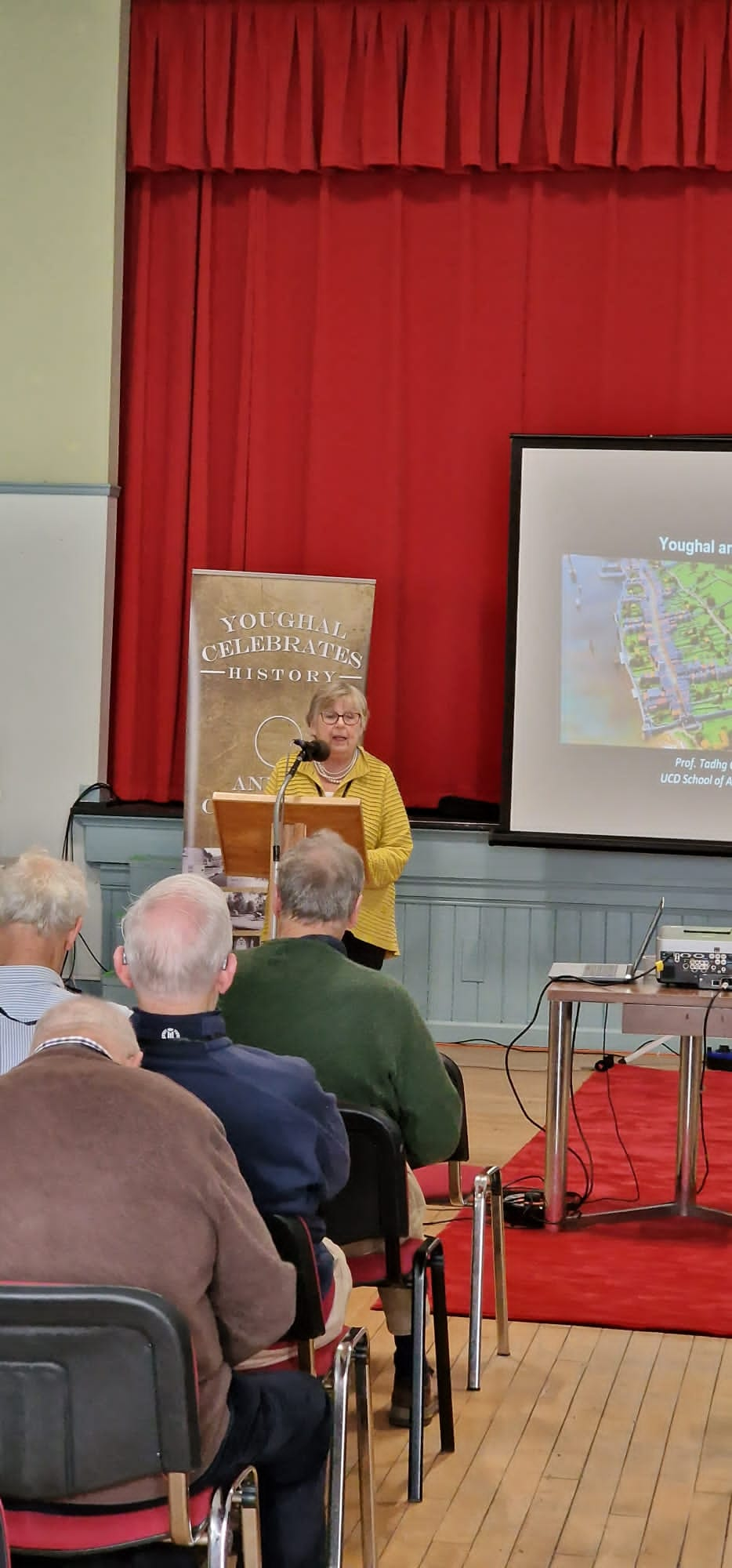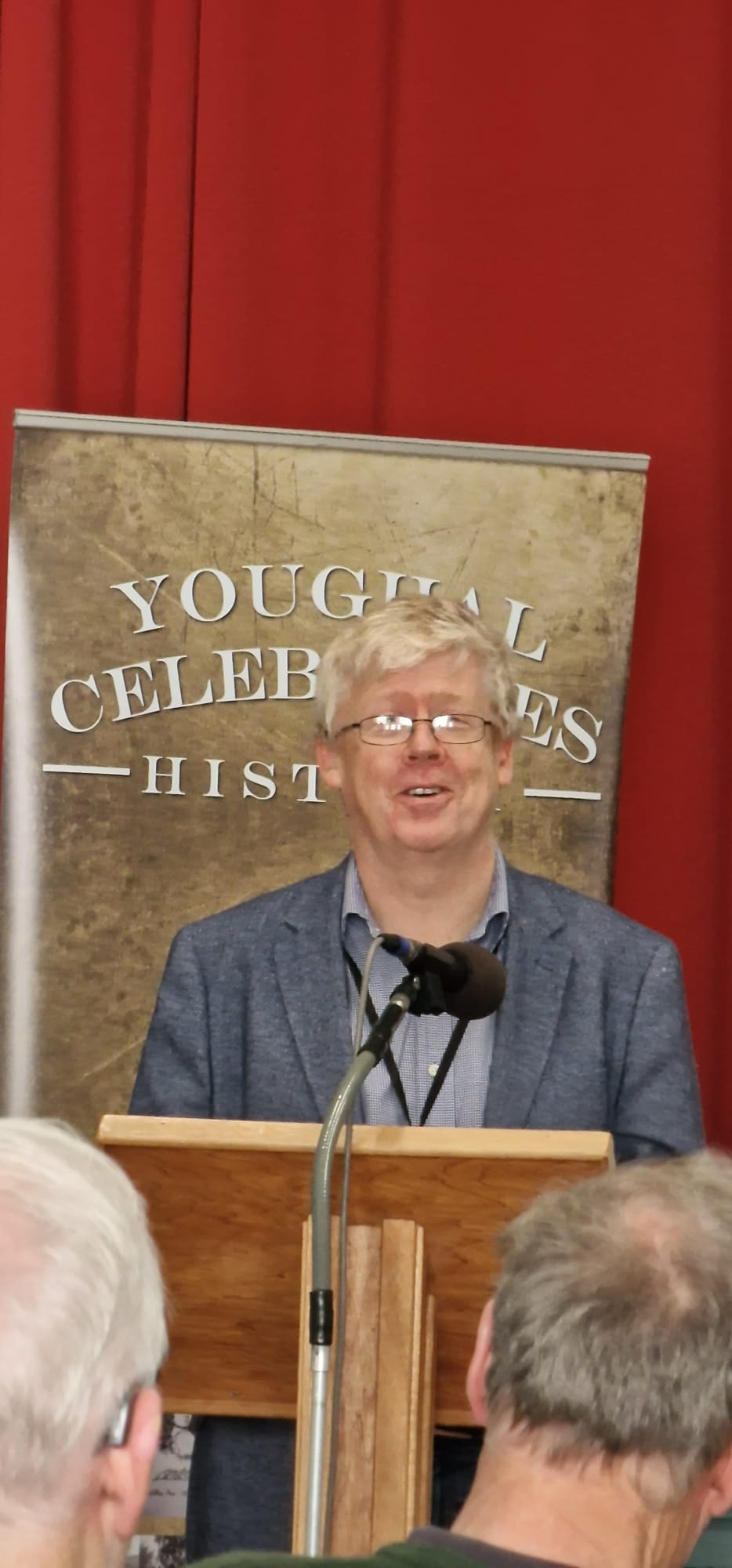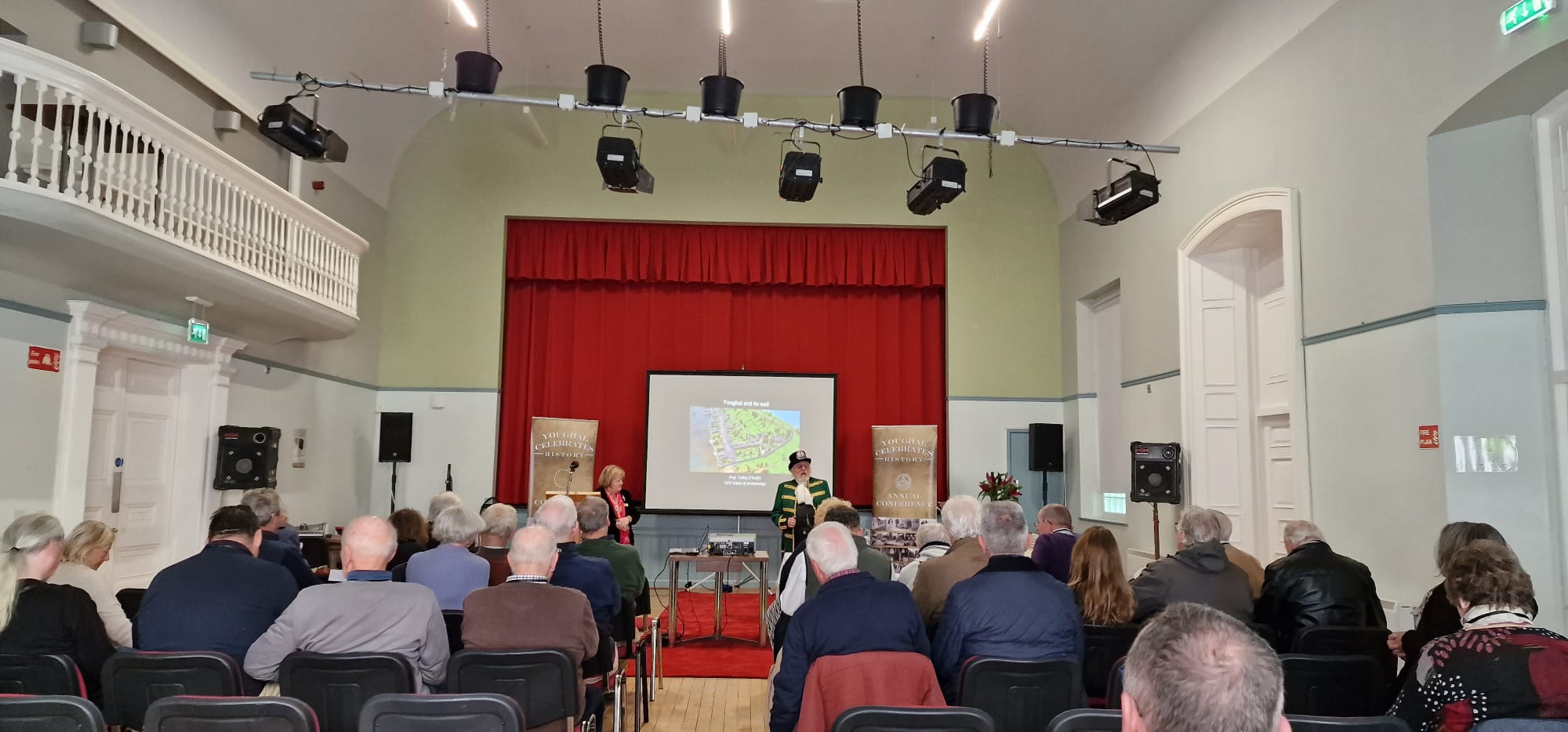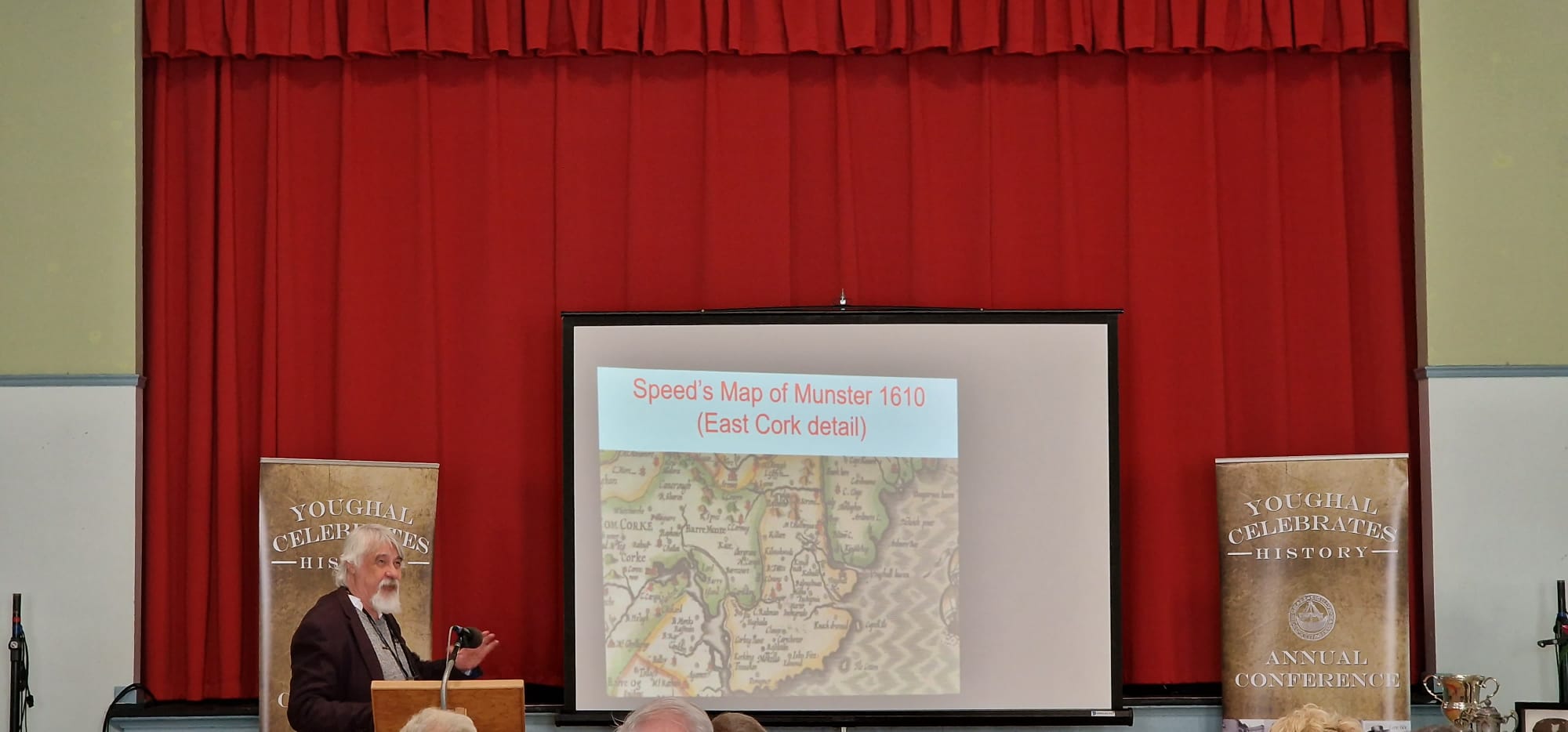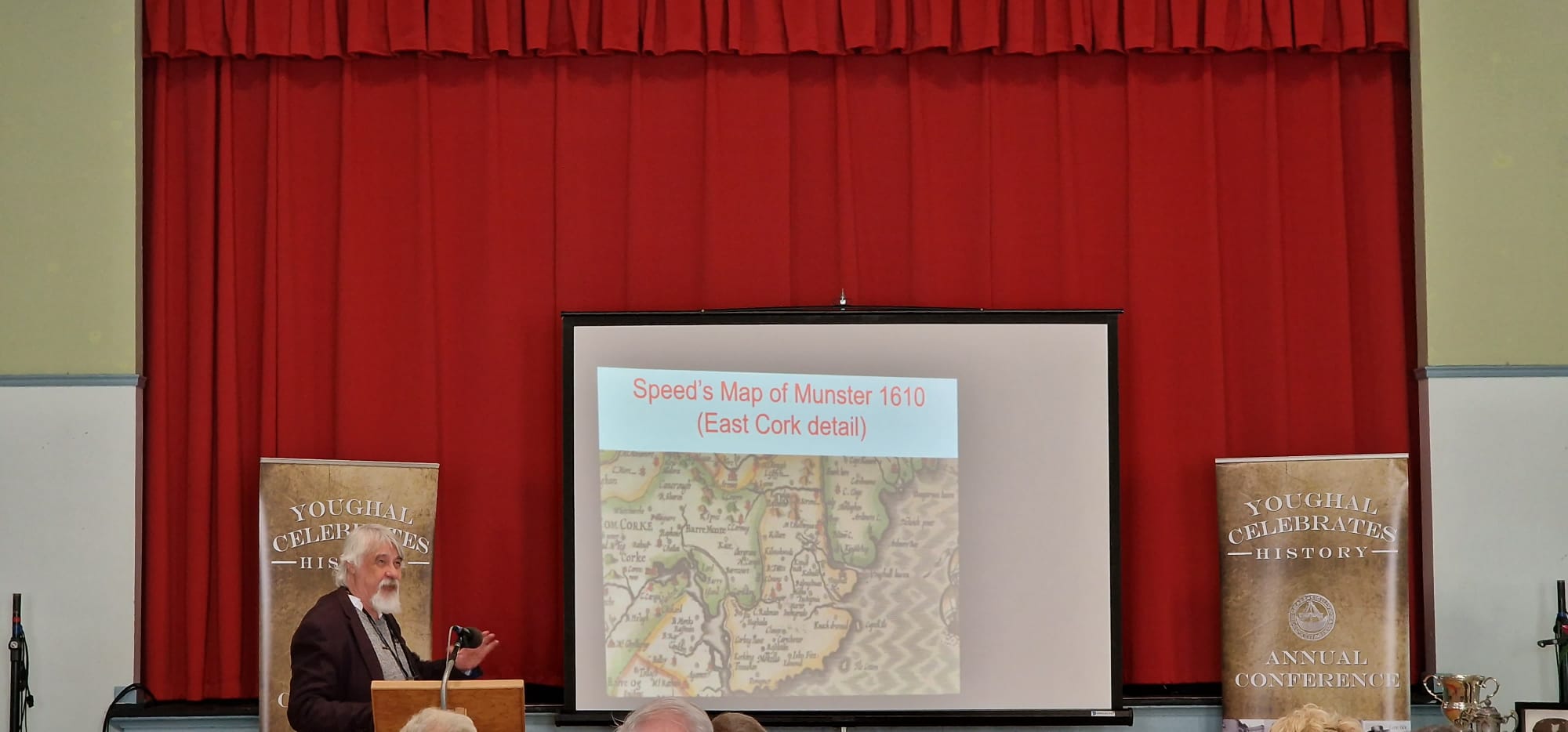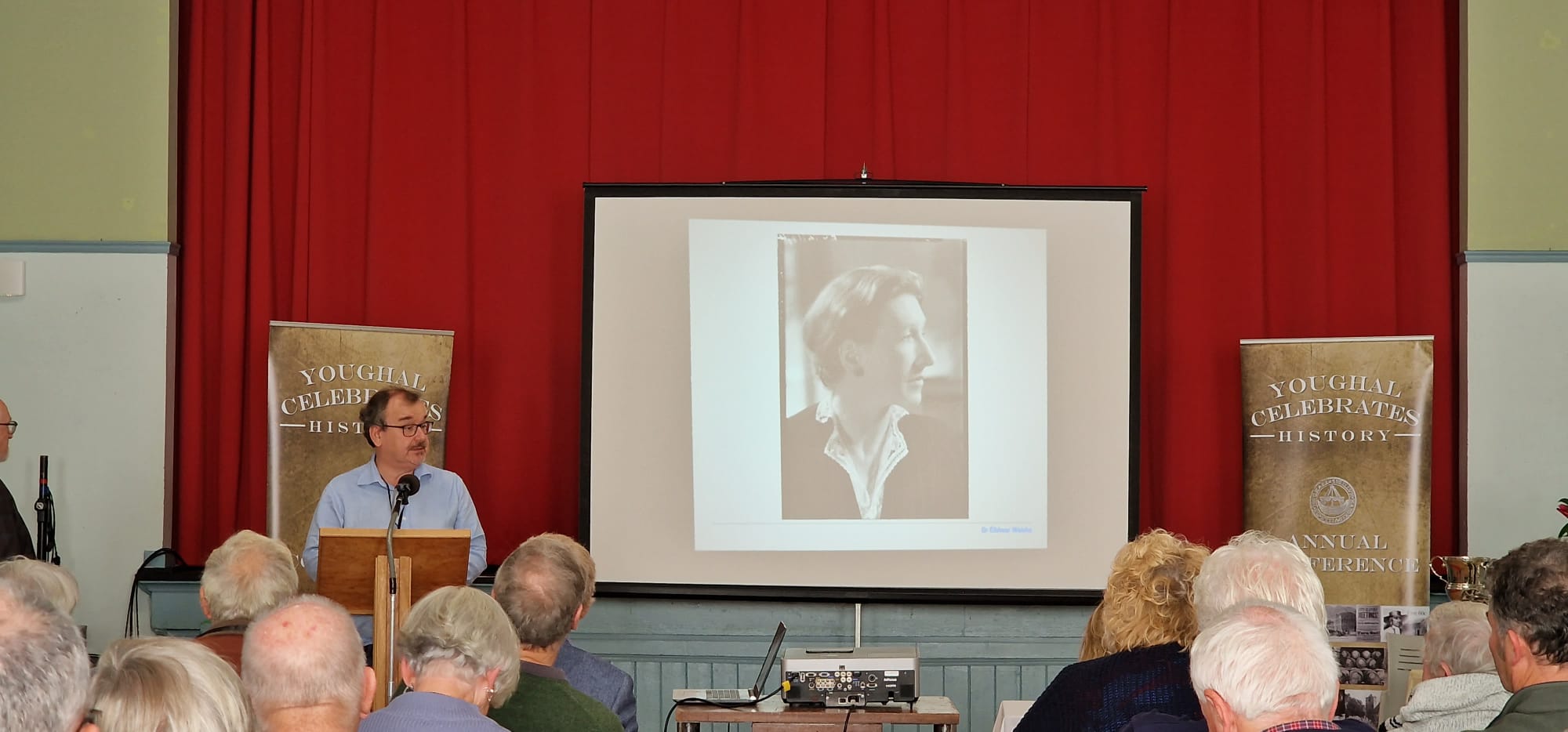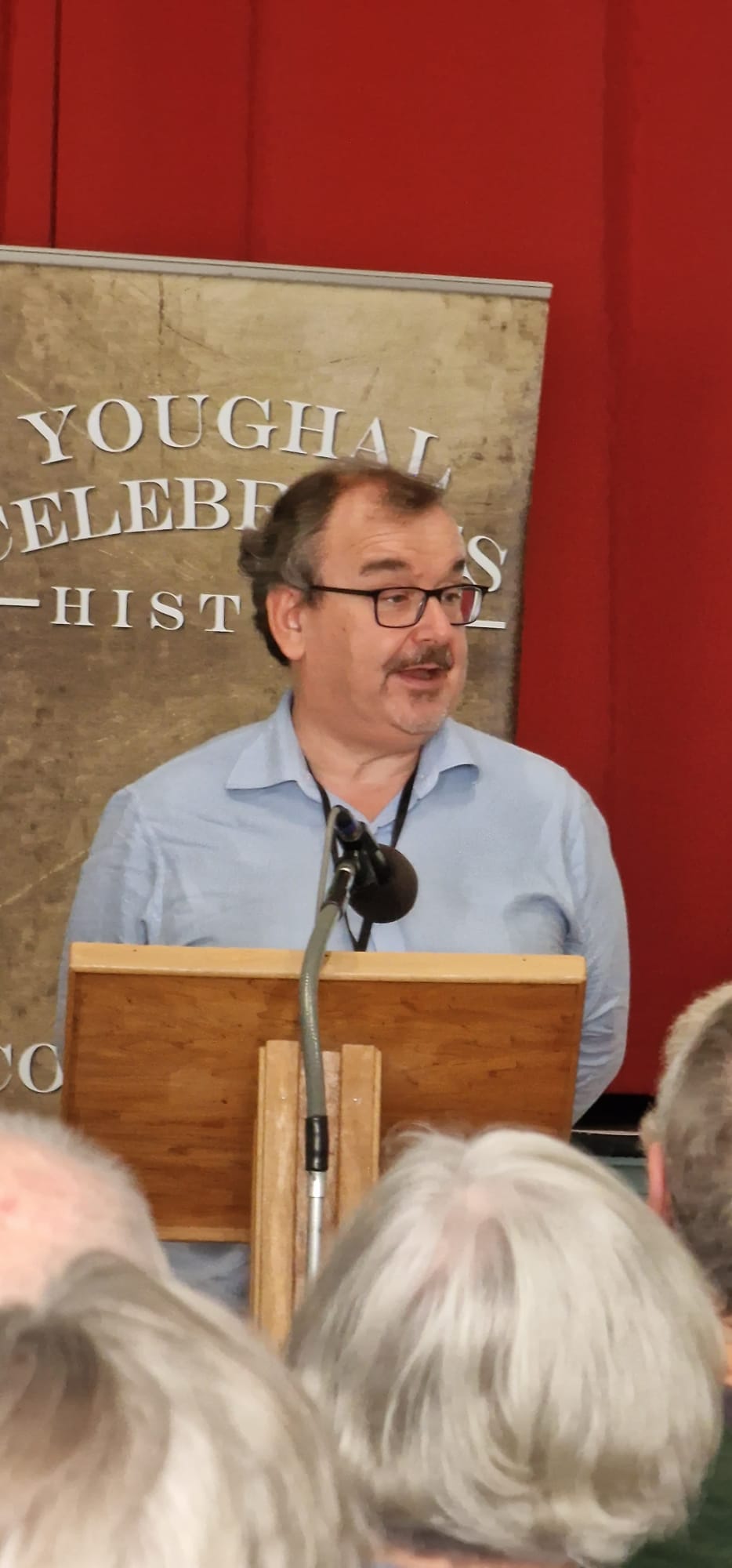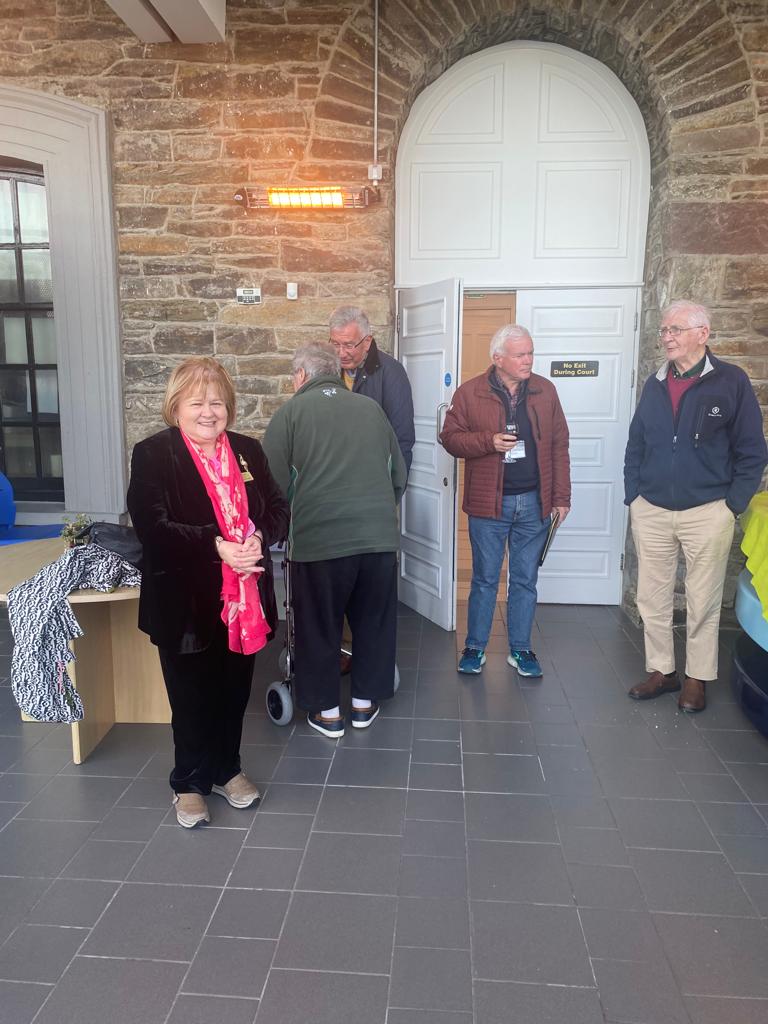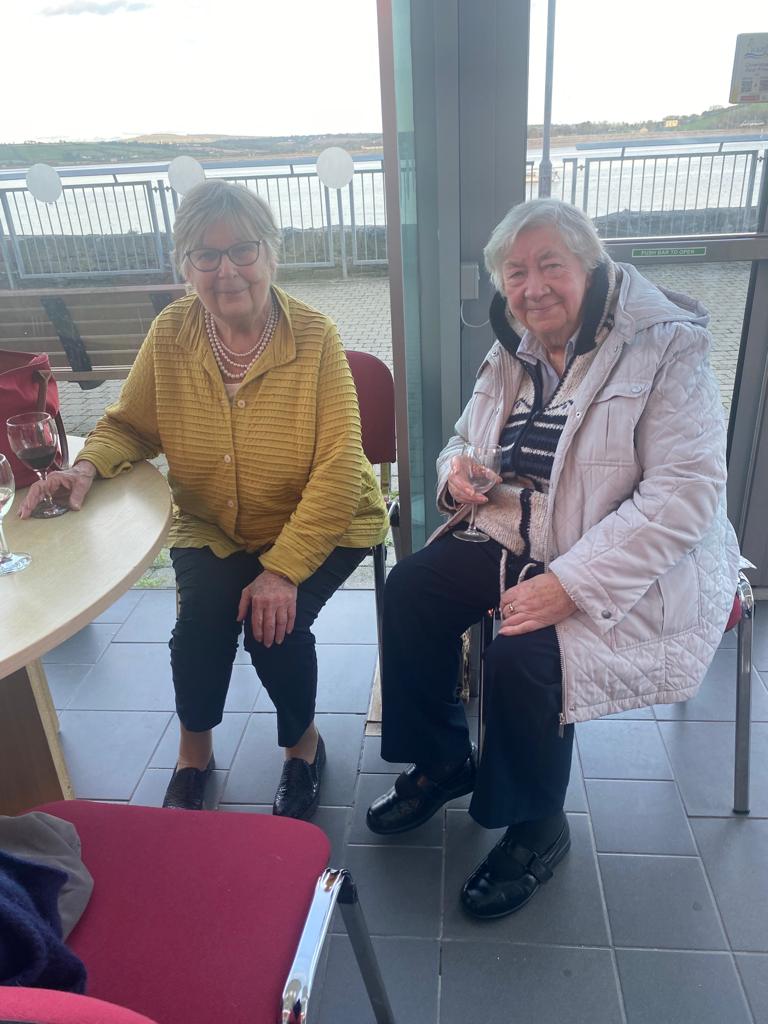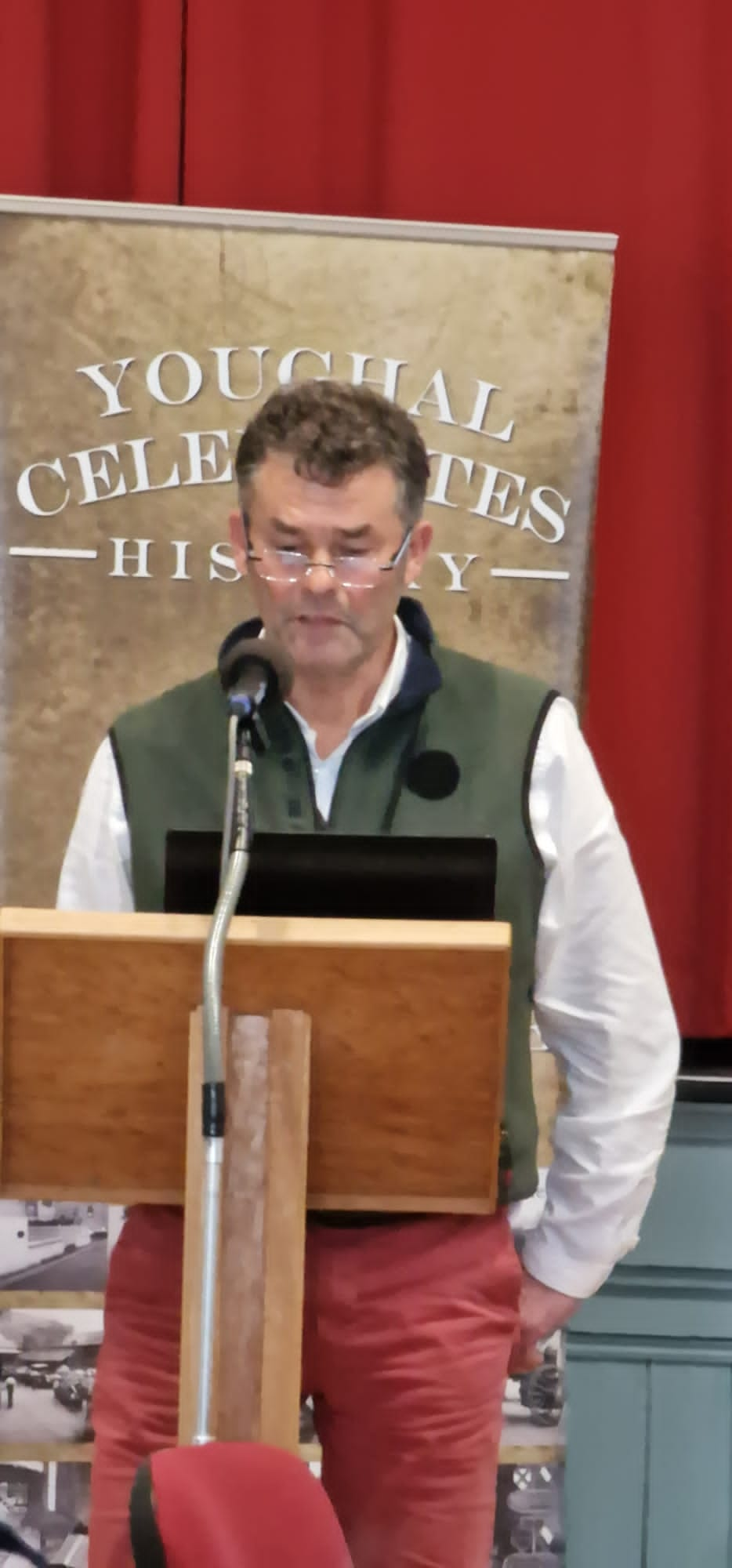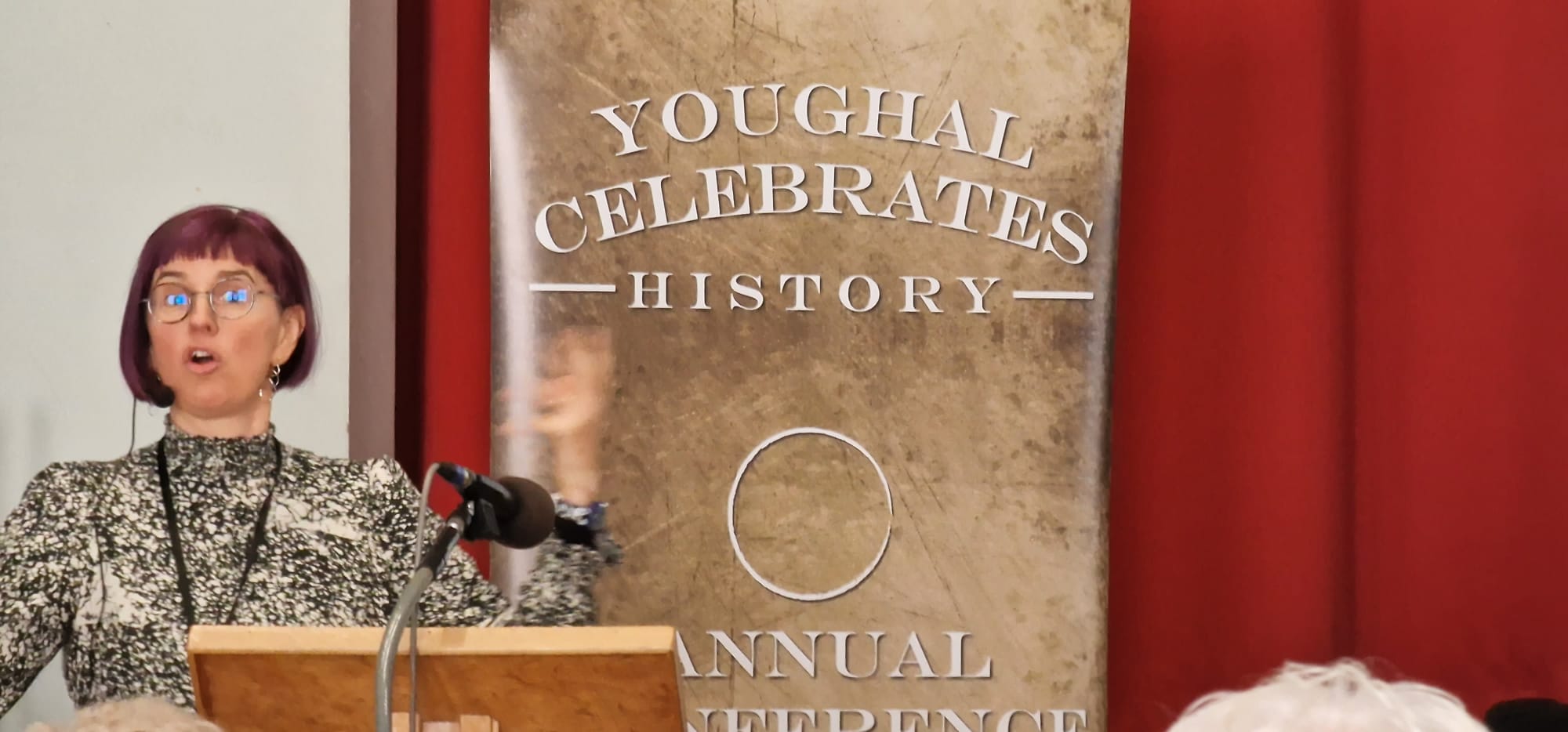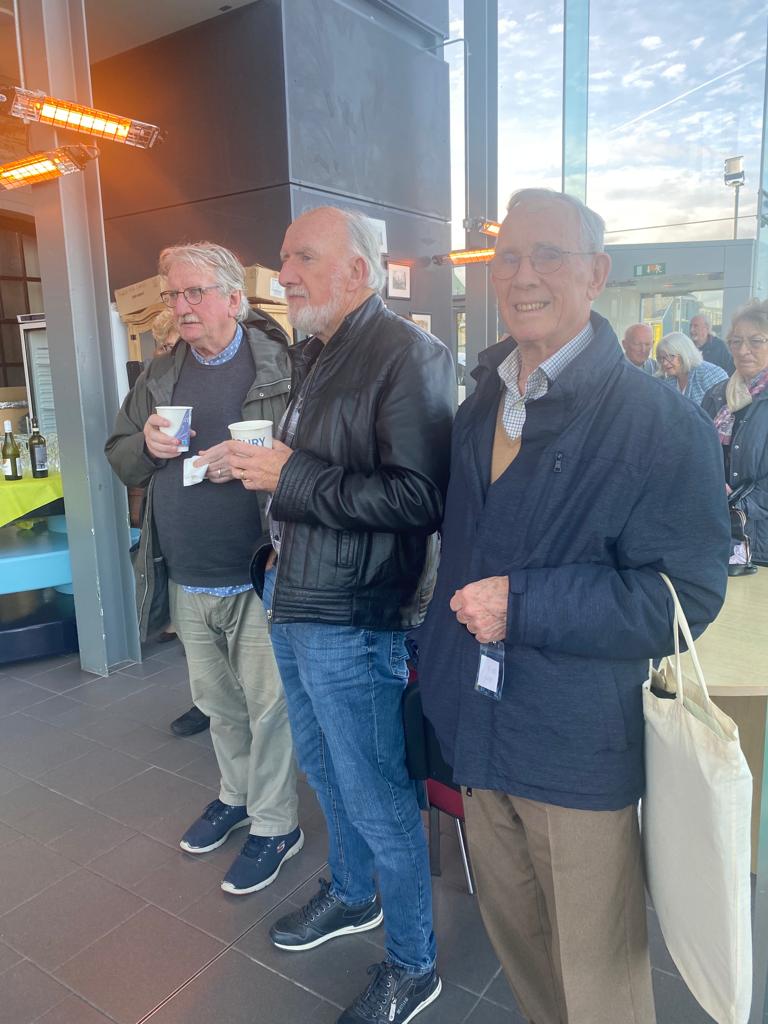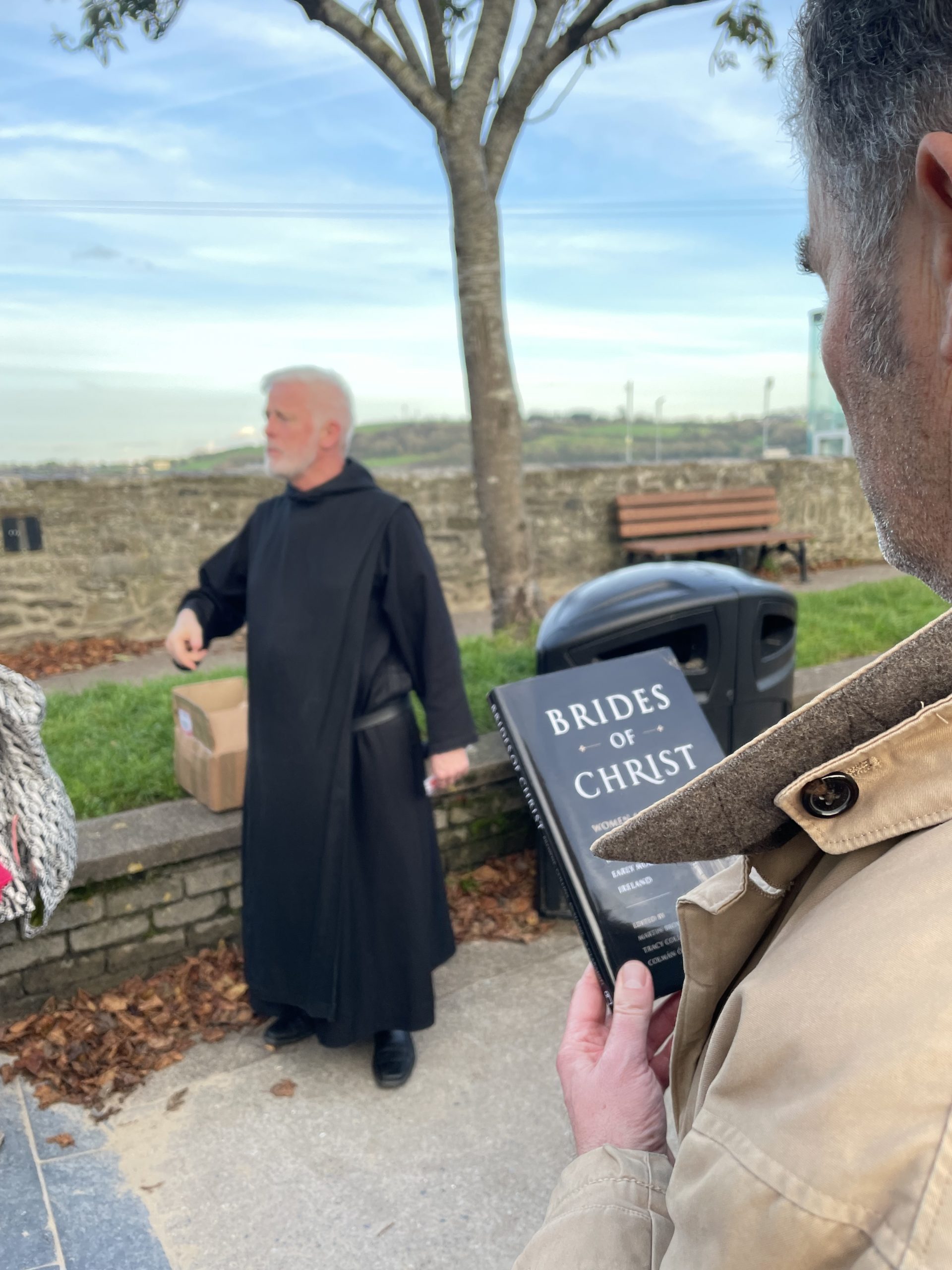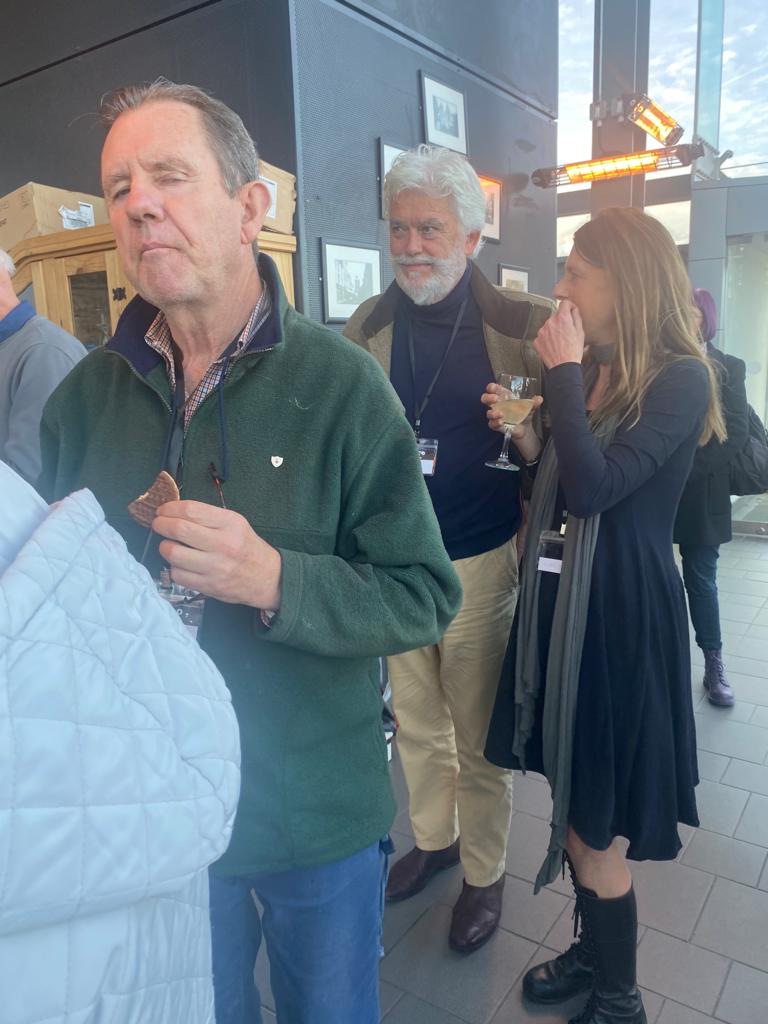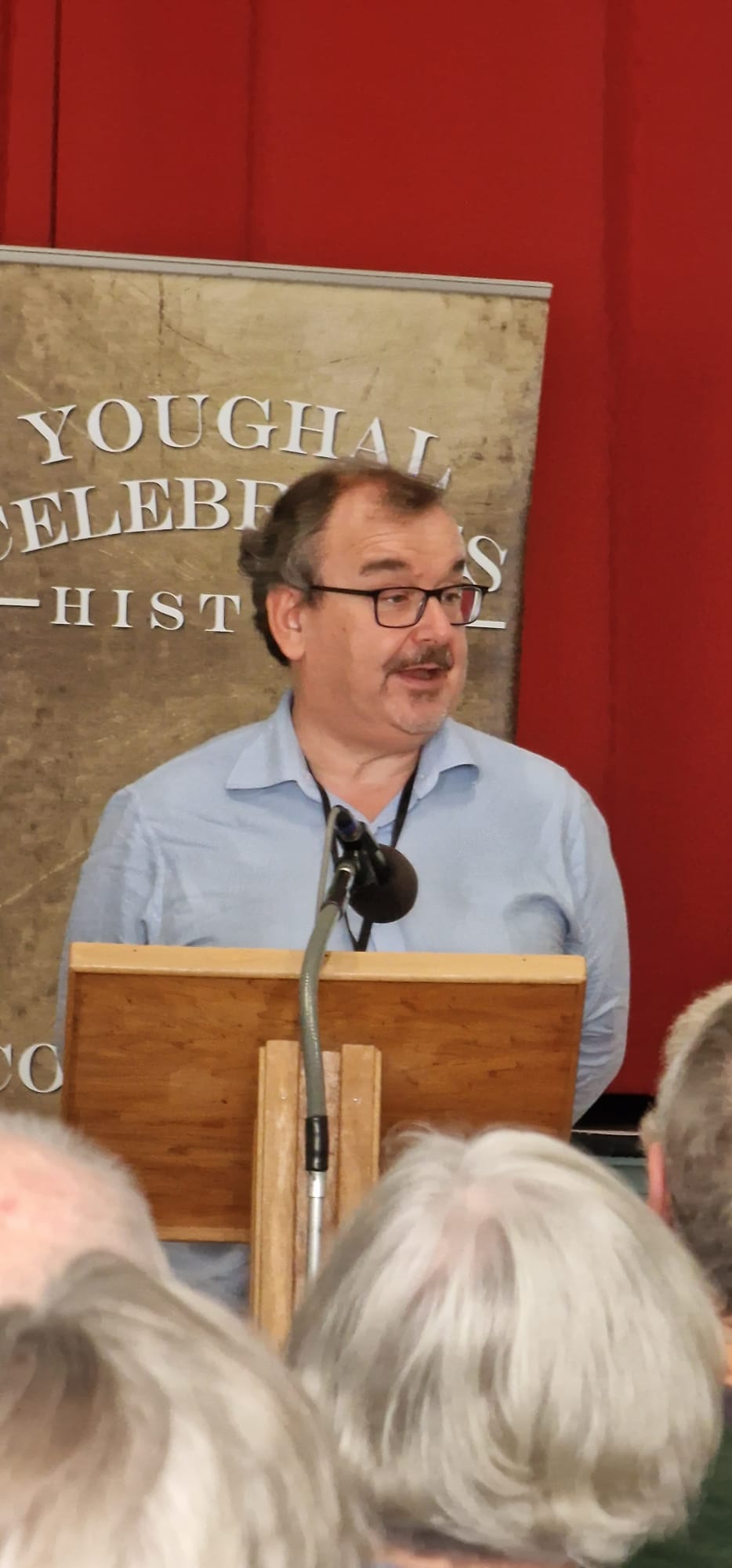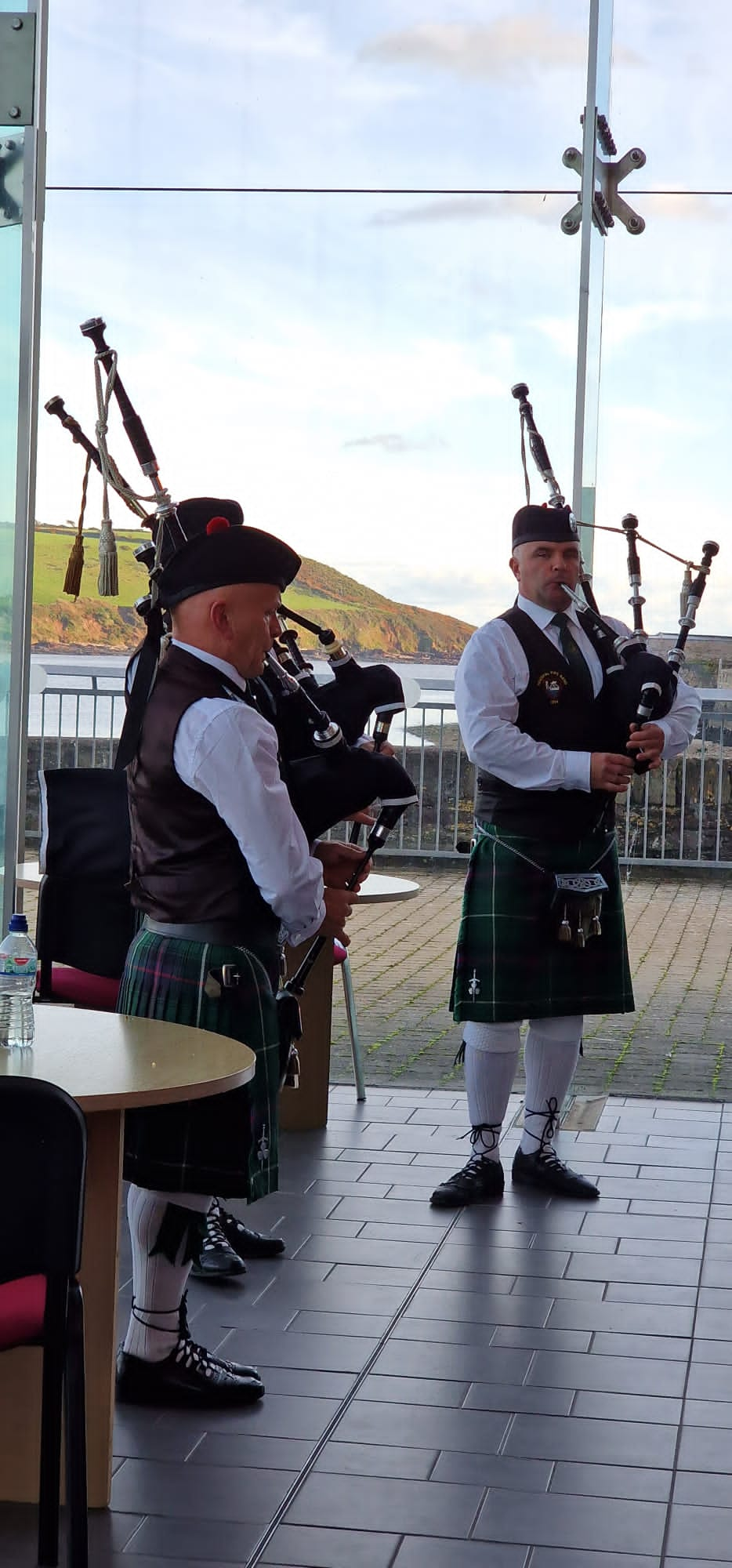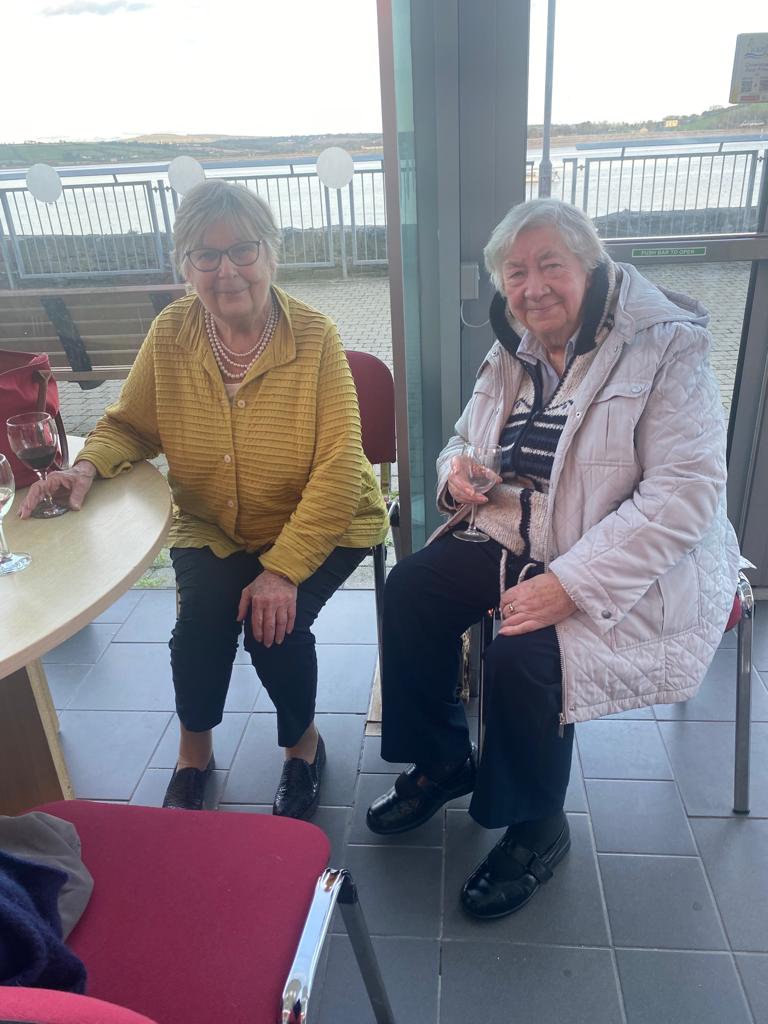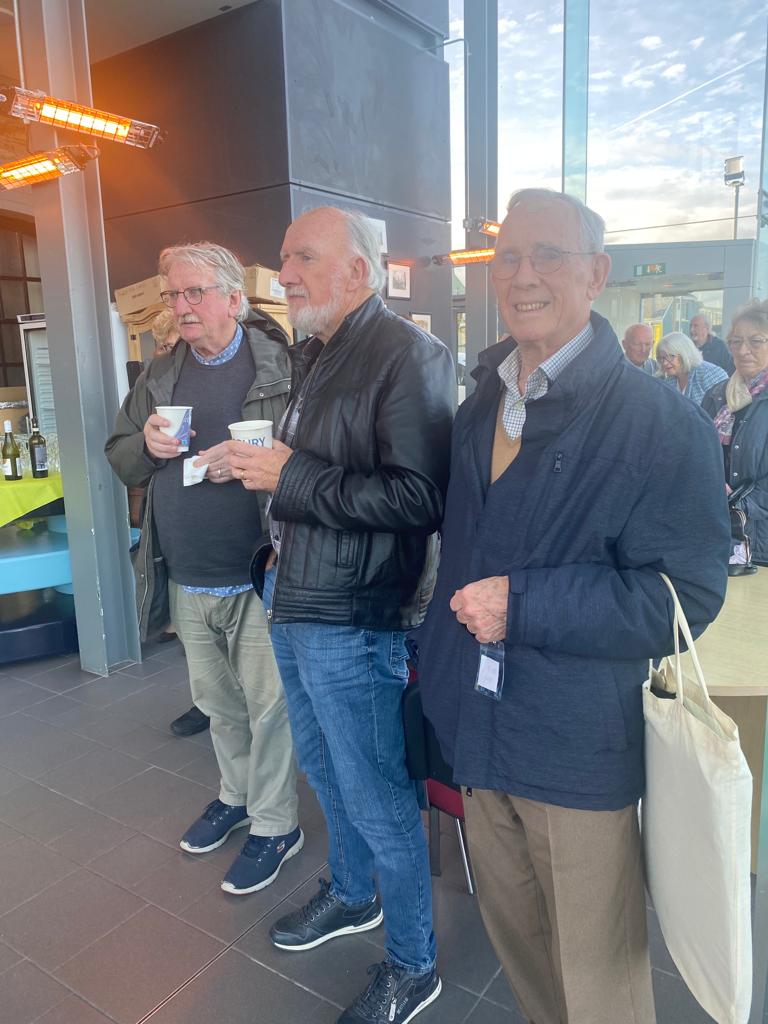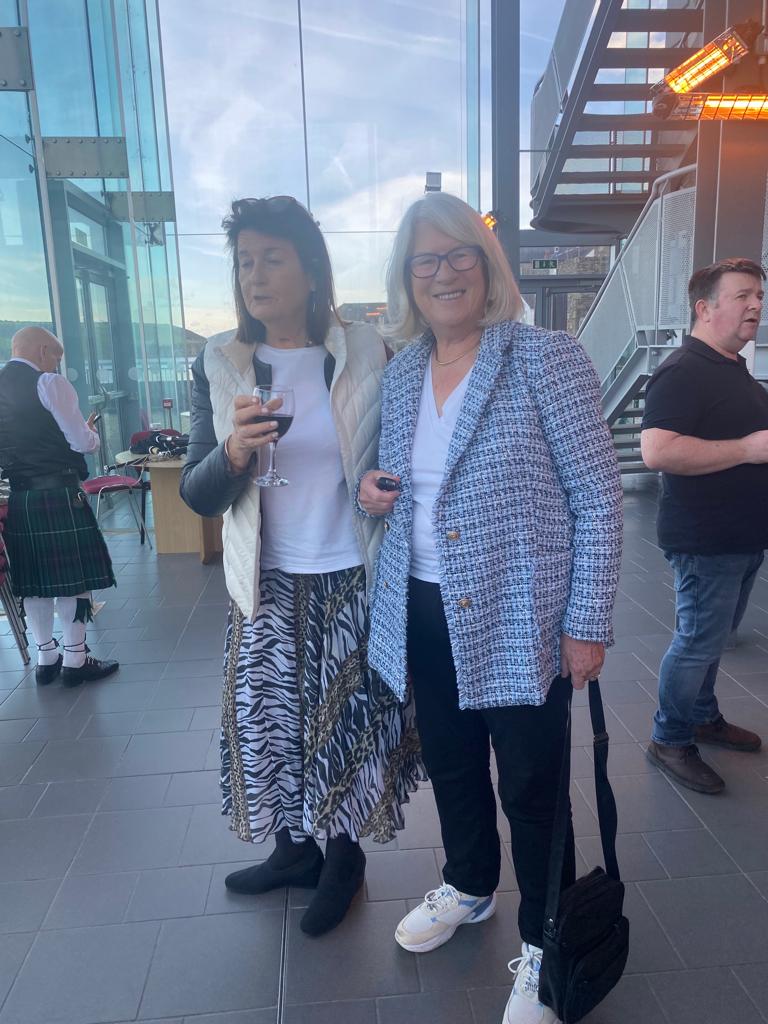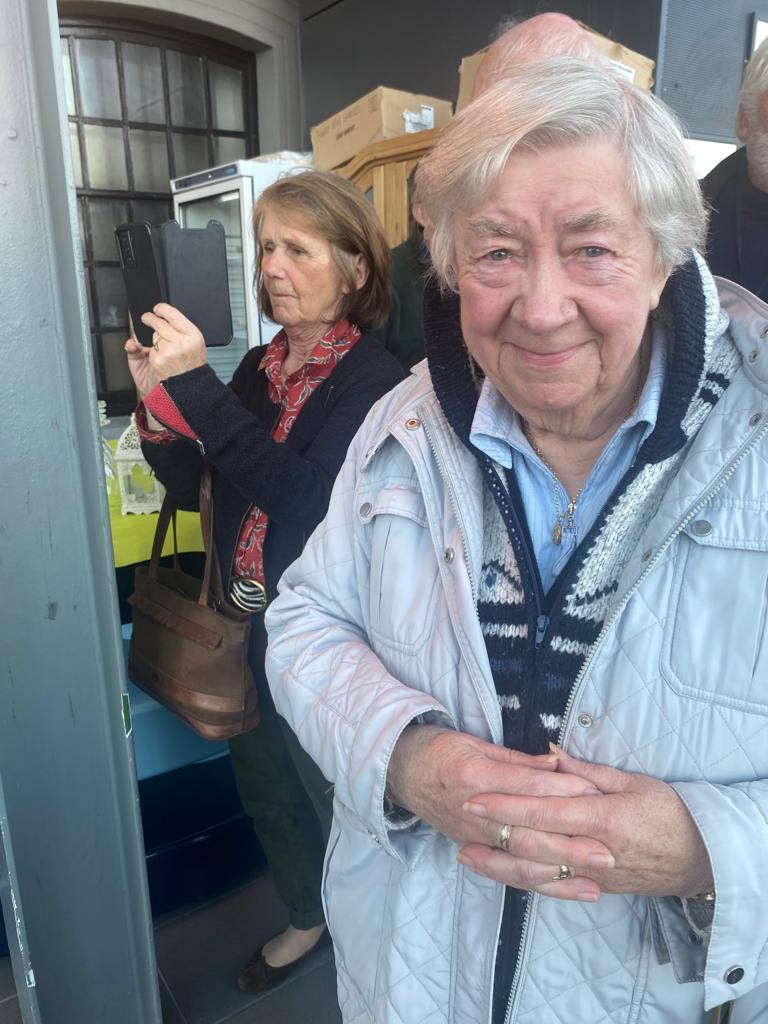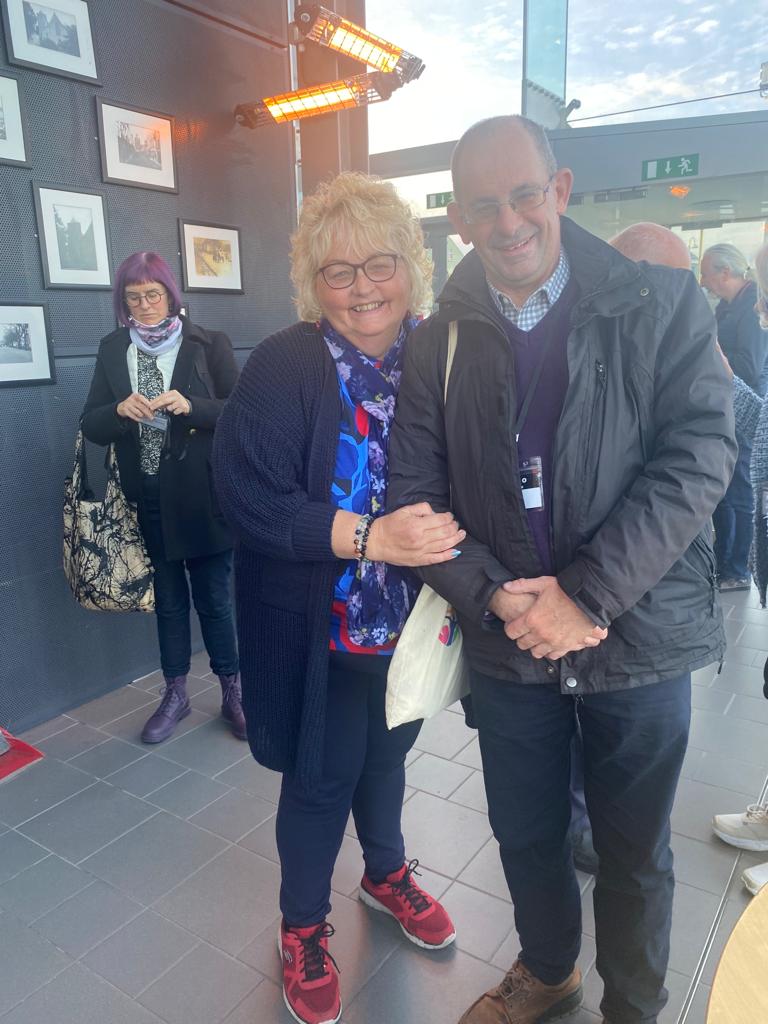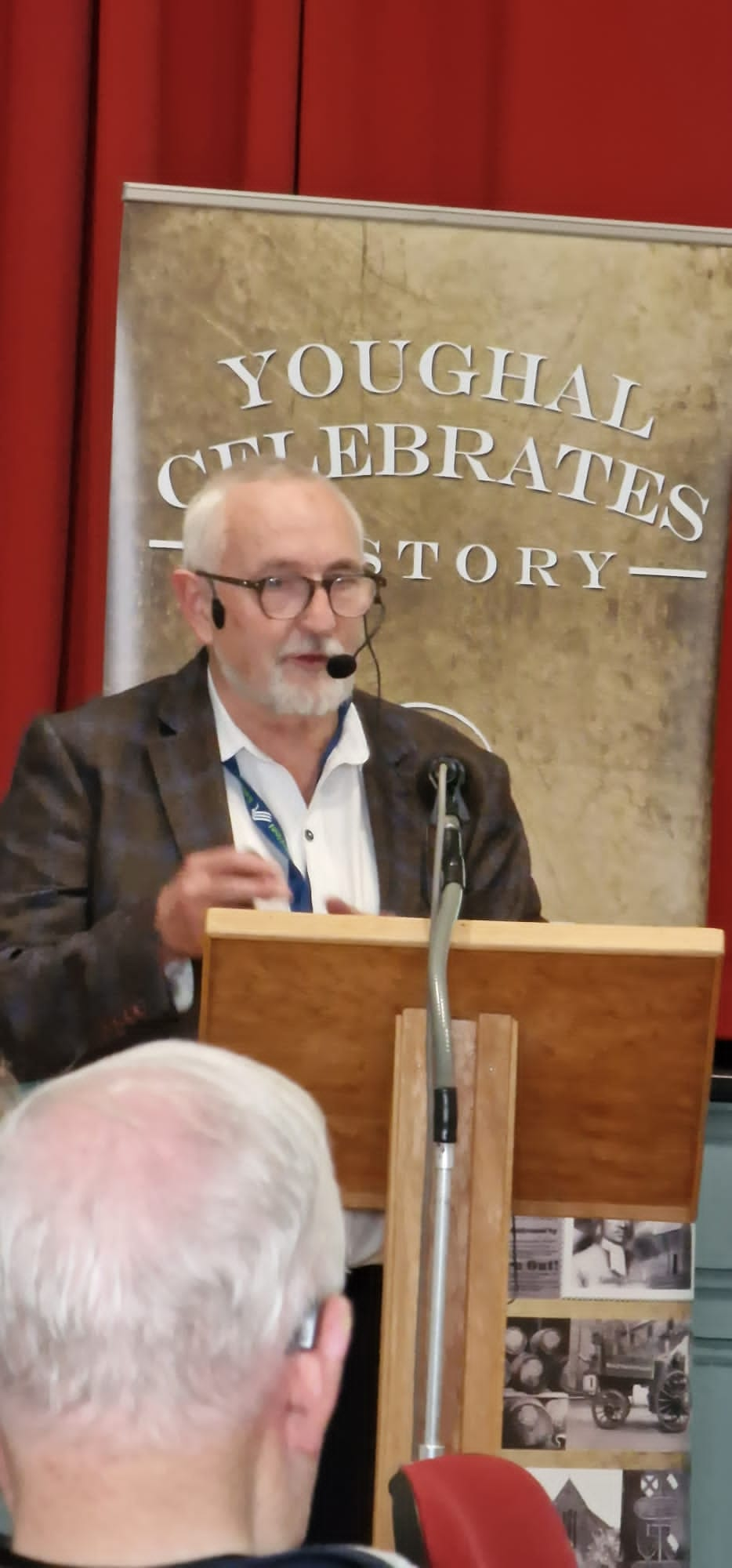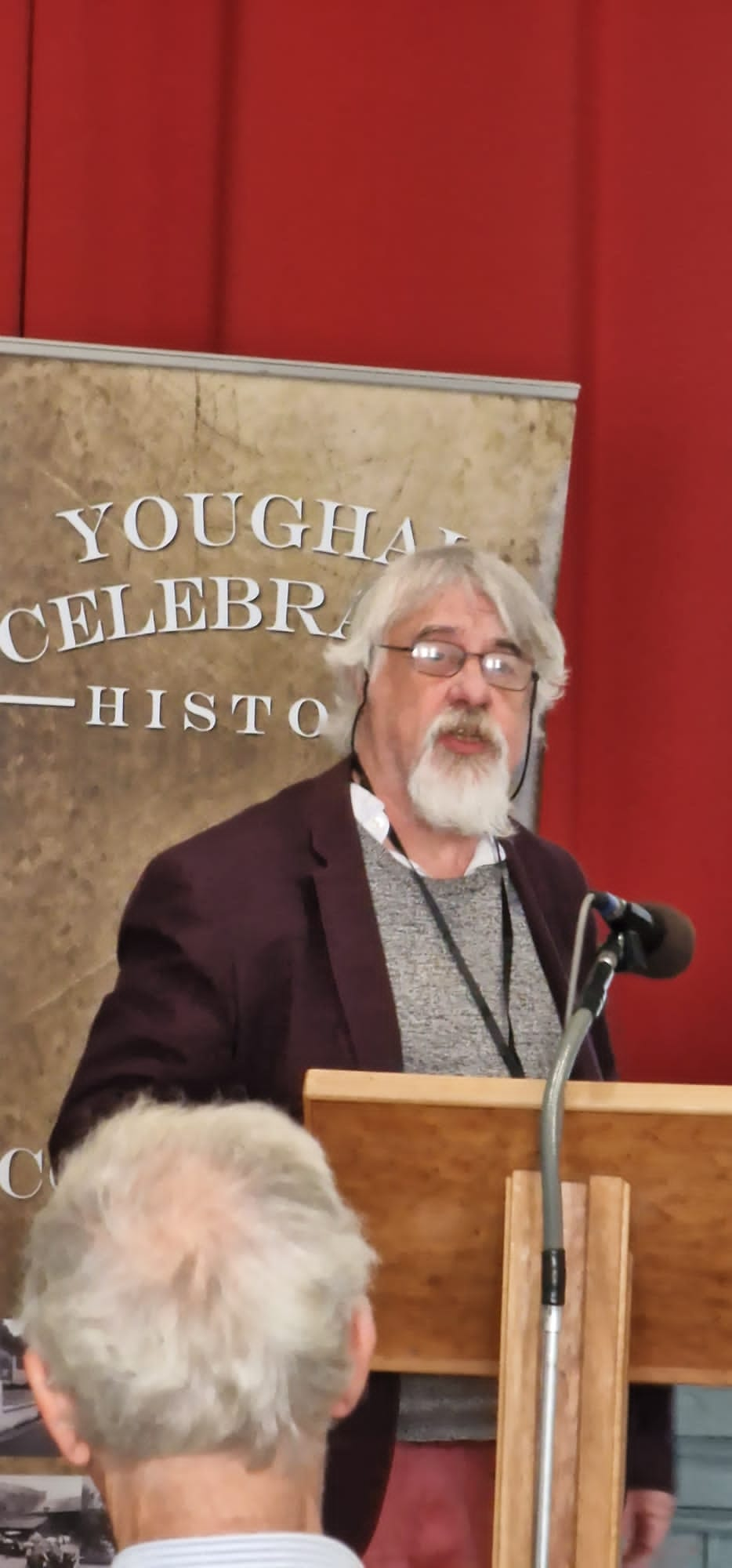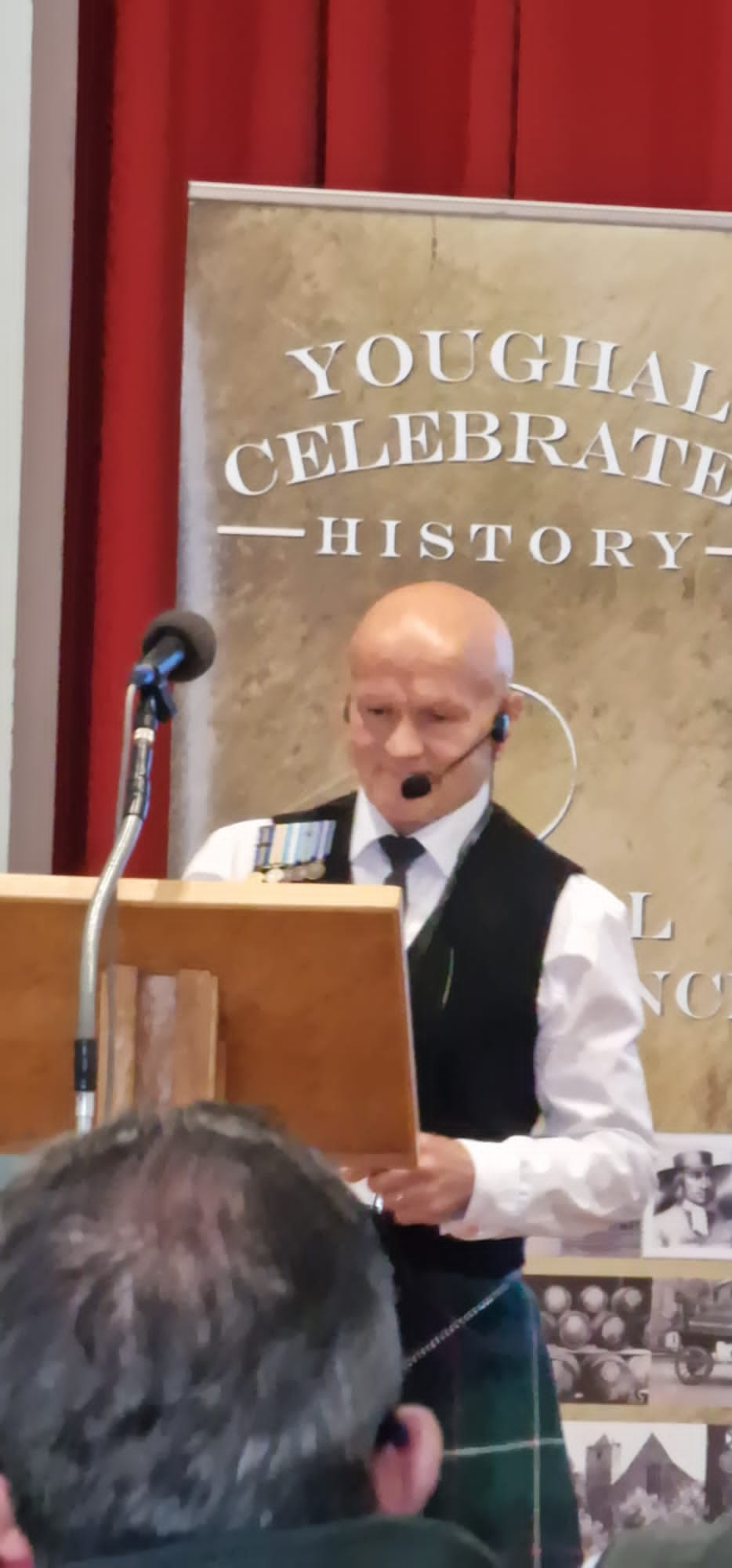Category Archives: Conference
2023 October 21st – In-Person Conference We are back!
This year, 2023, we are are offering another in person conference which we had to defer for a few years because of Covid. Happily we are back! Our god friends in Cork County Council helped us financially and in other ways, while our local Youghal Credit Union also helped us in no small way.
The conference was held in the Mall Arts Centre, as usual. We have used Eventbrite.ie for a number of years, it is easy and reliable.
Please check our Facebook page from time to time for latest news.

20 YEARS YOUGHAL CELEBRATES HISTORY: 19th ANNUAL CONFERENCE
21st OCTOBER 2022
MALL ARTS CENTRE
YOUGHAL, CO. CORK
Youghal in Arms

The Pandemic Lectures (2021)

Culture Night 2017
Give us a RECITATION !
Culture Night has become a feature of the year all around Europe. Events are free, people ramble around from venue to venue and all sorts of activities form part of the evening’s activities.
Youghal Celebrates History is offering a pleasant nostalgic evening called “Give us a RECITATION!”. We have invited people to name their favourite recitations and we have people ready to recite them – old recitations and new, well known and not so well known. In the past everybody had a song or a recitation. This will be a night of recitations.
Suggestions for the Recitations
Dangerous Dan McGrew,
the Cremation of Sam Magee,
The Harpy,
If,
The Green Eyed Idol north of Katmandu.
Micheál Mór,
The Four Farrellys,
Wee Hughie,
The Old Woman of the Roads,
The Village Schoolmaster,
The Night Before Christmas,
I wish I’d looked after me Teeth,
Young Albert and the Lion
You get the idea, I hope, everybody had a favourite recitation – If you have one, let us know . If you would recite it all the better!!!!!
Culture Night is FRIDAY 22nd of September. Youghal Celebrates History will be in Tyne’s Castle from 7.30 onwards. There are lots of other events planned for the night – Cork County Council will have a brochure advertising the events. Don’t miss it!!!!
Our friends in Community Radio Youghal, in the Little Theatre Group of Youghal are willing to help out. Join us !
Our first publication !
On March 22nd 2017 Youghal Celebrates History will launch the first publication – to be called Youghal Celebrates 1916 , edited by committee member Kieran Groeger.
Four papers were presented on September 16th. These were called the “Degrees of Separation” talks , exploring links between Youghal and events in Dublin in 1916, and World War One -and there were some amazing links – a young James Connolly was posted to Youghal as a soldier in the King’s Liverpool Regiment, the gunboat Helga was used in Dublin and again in Youghal, Major Jack Arbuthnot did a series of sketches of Roger Casement when he was in the Tower of London ….and so on.
There were several concerts, parades, a pageant, a play, flag flying ceremonies etc. Comhaltas Youghal arranged a phenomenal week of celebrations – a Tostal no less!
This little booklet celebrates the way we celebrated 1916.
1916 – 2016 Degrees of Separation
In the year 2016 there will be worldwide celebrations, commemorations of the year 1916 which marked a turning point in Ireland’s attempt to become an independent state. In particular the Rising in Dublin will be commemorated . In addition there will also be events to remember all those who fought in World War One – and especially those who died in 1916.
Youghal Celebrates History will be holding a special event called Youghal 1916 , Degrees of Separation which will tell the story of three men and a boat , connected someway with Youghal, connected someway with 1916.
Major Jack Arbutnott of Myrtle Grove,Youghal was a Major in the Scots Guards. He met Roger Casement when he was in the Tower of London awaiting trial. He was a regular sketcher and made a sketch of Casement in the Tower. He also contacted Casement’s family and told them where Casement was imprisoned. Maybe one of them remembered another famous prisoner in the Tower – Sir Walter Raleigh – who is also connected with Myrtle Grove. Journalist Patrick Cockburn tells the story of his grand father Major Jack Arbuthnott and the portraits he made of Casement in the Tower.
A very young Scottish boy joined the British Army under an assumed name – he was too young to enlist under his own name. He was posted to Cork, Cobh and Youghal.Times were tough in Youghal in 1882 . A vicious land war and a refusal to pay rents to landlords who would not negotiate led to widespread evictions. The young soldier eventually deserted. His name ? James Connolly … who would later play a major role in the 1916 Rising in Dublin. Author and Historian Felix Larkin will describe the tense atmosphere in Youghal in 1882.
A young Irishman joined the Royal Munster Fusileers full of enthusiasm to fight in World War One but they considered him, at 16 to be too young. He transferred to the Royal Irish Regiment which had no difficulty sending him to the Front Line. HE was killed in the Battle of the Somme and his father got a telegram …. Kieran Groeger tells the story of young Eric Colpoys Hodges. His father was Rector in Saint Mary’s Collegiate Church. Reverend Hodges got thetelegram to say his son had been killed in the Battle of the Somme. It was not clear which of the two sons had been killed. It was, in fact, Eric Hodges and his story will be told.
During the Irish Civil War which followed the events of 1916, a schooner called the Isabella visited Youghal. Some of the crew came ashore and heard a cry “Halt”. Shortly afterwards a shot rang out and the Captain’s young son was dead. Dymphna Quill will tell this story along with some amazing details on how she came upon the story.
These stories will be told on September 16th, in Youghal at the Walter Raleigh Hotel. If you are interested in attending, let us know. The event is free, yes FREE thanks to generous sponsorship from Cork County Council. We have a venue booked. TheWalter Raleigh Hotel . Tickets will be issued on a first come first served basis.
Youghal Quakers
Michael Ahern , writing in the Cork Historical and Archaeological Journal has an article called “The Quakers of Youghal” which details the various families from the outset to the 20th century. Initially two English women preached at the Market Square in Youghal ( today near the Post Office there would have been a Cross and north of it was North Cross Lane which still exists). The two brave ladies were Elizabeth Fletcher and Elizabeth Smith. Some of the soldiers who hear them became interested – in particular Captain James Sicklemore and Lieutenant Robert Sandham.
Sandham married a local girl, Deborah Baker. both officers got land at Fermoy but Sandham sold his and returned to Youghal where he lived on the Main Street and his house was used as the first Meeting House.
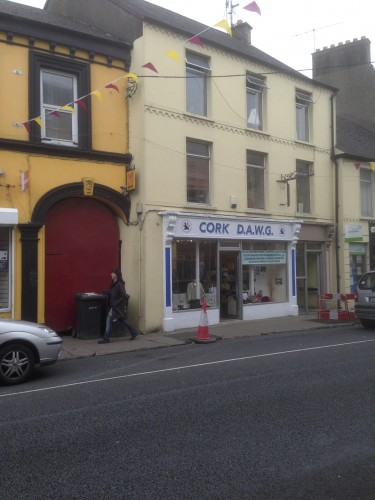 The authorities were not happy and posted sentries on the door to prevent men entering the premises for a “meeting”. At that stage some Quakers left the town – six men and women and nine children were given money to help them leave.
The authorities were not happy and posted sentries on the door to prevent men entering the premises for a “meeting”. At that stage some Quakers left the town – six men and women and nine children were given money to help them leave.
One of the others convinced was Edward Laundy. We hear of him in a few places – 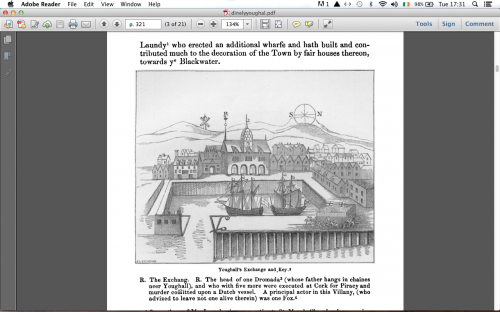 Thomas Dinely mentions that he erected an additional wharf etc.
Thomas Dinely mentions that he erected an additional wharf etc.
William Penn mentions concern about him and tries to meet with him.
We also hear of him going into St. Mary’s Collegiate Church to harangue the congregation. They clearly did not appreciate his intervention, he was manhandled out of the church and physically abused by the congregation with both sticks and stones. Deborah Sandham was equally unwelcome when she went into St. Mary ‘s and also the church of the Independents ( Chapel Lane) and Robert Sandham was jailed in 1661 for refusing to serve on a jury, and his horse taken from him.
Quaker Records
The Quakers kept reasonably detailed records of births, marriages and deaths. For those who are interested there are microfilm copies of the registers available. Nearest to Youghal is the Cork County Archive Centre in Blackpool, Cork. There is a good, easy to navigate website which details what is available – Minute books, Registers etc.
The records go back to 1671 for births, marriages and deaths. There are occasional comments about people being disunited or disowned.
Francis Malone, of Youghal, “took to wife” Ann Hillary of Waterford in 1756. For some reason he was “disowned” and disappears from the records. Ann however “remained” in the system and later died in Waterford.
Looking through the records you see many, very short lives as infant mortality was a significant feature of life then – even for wealthy families like the Harveys.
The Quaker method of writing dates is different to what is normally used elsewhere in Ireland – it is in the format Month – Day – Year ( just as was accepted in the United States).

